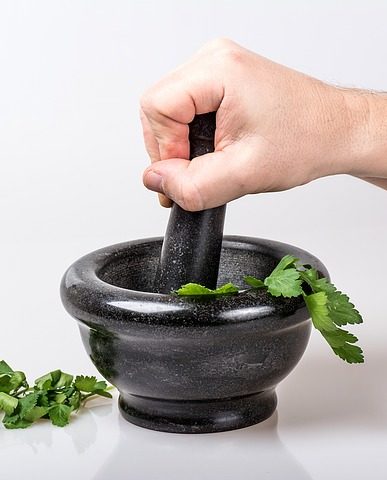In this week’s column I will highlight four of the most effective natural therapies for reducing stress and supporting the body’s stress coping mechanisms.
- Yoga
Yoga exercises are a fantastic way to handle stress both physically and emotionally. Yoga usually involves stretching, breathing, and visualization techniques. The combination of these activities provides unique support for stress management. I highly recommend incorporating yoga into your exercise and stress management routines.
- Acupuncture
Acupuncture is one of the best treatments for stress management. It is a great therapy for tapping into the subconscious component of stress. This is the component of stress that can’t be consciously controlled by thought or exercises like meditation, deep breathing, and yoga. Acupuncture is great for helping the body process and let go of old emotions it no longer needs anymore. In fact, it is very common for people to feel weight lifting off their shoulders during and after acupuncture sessions.
- Neural Therapy
Neural therapy is known as “German Acupuncture” and involves the injection of vitamins, anaesthetics, and homeopathic remedies into acupuncture points and scar tissue. It provides many of the benefits of acupuncture like tapping into the subconscious but also adds some other unique therapeutic effects. Neural therapy can restore healthy nerve conduction, shut down unnecessary pain signals, and break down scar tissue. Old emotional traumas are often stored in scar tissue, tight muscles, and nerves. Neural therapy addresses these sites of physical stress extremely well and helps prevent emotional stress from taking a physical toll.
- Intravenous Nutrient Infusions
Intravenous nutrient infusions are one of the most potent ways to supply the body with the vital nutrients it needs for optimal health. IV infusions provide nutrients directly into the bloodstream and thus all cells of the body. IVs bypass faulty digestion and metabolism in the liver. The body is designed to obtain nutrients primarily through the digestive tract but there are many situations where intravenous infusions provide great benefit. Sometimes oral supplementation can’t be digested well, doesn’t provide high enough dosage, or can’t be administered fast enough.







